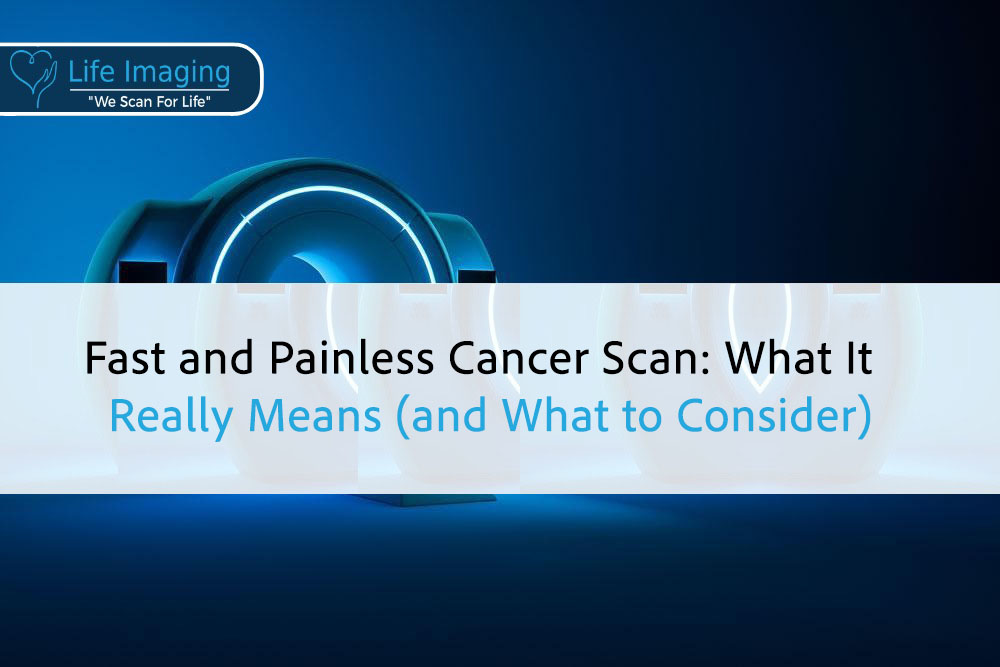
Fast and Painless Cancer Scan: What It Really Means (and What to Consider)
Fast and Painless Cancer Scan: What It Really Means (and
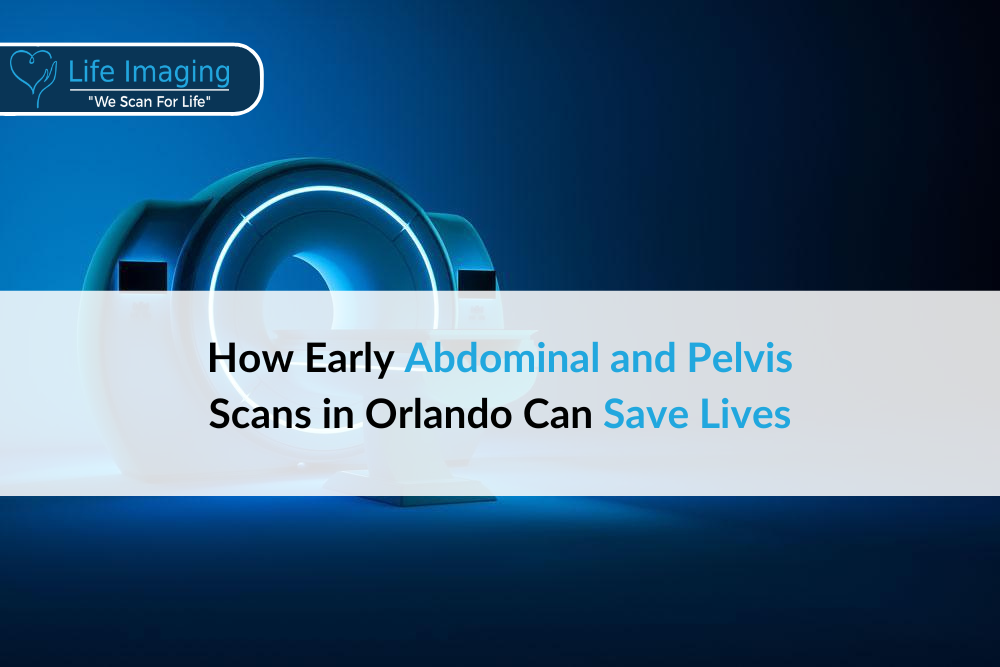
Lung cancer is a serious disease that starts in the lungs, which are two spongy organs in your chest that help you breathe. It happens when abnormal cells in the lung grow uncontrollably. This can form tumors, which can affect breathing and spread to other parts of the body. Understanding lung cancer helps us know how to spot it early and why it’s important to do so.
There are various risk factors that can increase the chance of getting lung cancer. Some of these factors are linked to lifestyle choices, like smoking, while others are connected to the environment or family history. Knowing these risk factors can help people take steps to lower their chances of developing lung cancer.
Early detection of lung cancer is crucial because it can lead to better treatment outcomes. Screening tests can find lung cancer before symptoms appear. When caught early, there are more treatment options available, and these treatments are often more effective. This article will discuss the different risk factors for lung cancer and the importance of regular screenings.
Lung cancer starts in the lungs and typically forms in the cells lining the air passages. This disease is divided into two main types: small cell lung cancer (SCLC) and non-small cell lung cancer (NSCLC). NSCLC is more common and grows more slowly than SCLC, which spreads quickly.
Lung cancer can happen to anyone, but it is more common in older adults. The abnormal cells in lung cancer multiply quickly, forming tumors that interfere with the lung’s ability to provide oxygen to the body. These tumors can be benign (non-cancerous) or malignant (cancerous), with malignant tumors having the ability to spread to other parts of the body.
Early-stage lung cancer may not show any symptoms, making it challenging to detect without screening. As it progresses, symptoms such as coughing, chest pain, and shortness of breath can appear. Understanding lung cancer helps clarify why screening and early detection are so important.
Several risk factors can increase the likelihood of developing lung cancer. Here are some common ones:
These risk factors can be minimized by adopting safer practices and lifestyles, like quitting smoking and ensuring proper ventilation in homes and workplaces.
Genetics can also play a role in lung cancer risk. If lung cancer runs in your family, you might be at a higher risk of developing it yourself. Here’s how genetics can influence lung cancer risk:
Understanding your family’s medical history and discussing it with your doctor can help you take steps to monitor and reduce your risk.
Several environmental factors can contribute to lung cancer risk beyond tobacco smoke and workplace exposures:
Addressing these environmental factors by making changes at home and work can significantly reduce the risk of developing lung cancer.
Smoking is the leading cause of lung cancer, responsible for approximately 85% of cases. Here’s how smoking contributes to lung cancer risk:
Quitting smoking can significantly reduce the risk of lung cancer. The benefits of quitting are immediate and long-lasting, making it an essential step in lung cancer prevention.
Lung cancer often doesn’t show symptoms until it’s in advanced stages. However, being aware of the common symptoms can help with early detection:
If you notice any of these symptoms, it’s important to consult a healthcare provider for a thorough examination.
Regular lung cancer screening can save lives by detecting cancer early, when treatment is most effective. Here are key benefits of screening:
Several tests can screen for lung cancer, each with its benefits:
– How It Works: Uses low-dose radiation to create detailed images of the lungs.
– Benefits: Most effective screening tool for detecting early-stage lung cancer. It’s quick and non-invasive.
– Who Should Consider: Recommended for high-risk individuals, such as those aged 55-80 with a significant smoking history.
– How It Works: Takes pictures of the lungs to look for suspicious areas.
– Limitations: Less detailed than an LDCT scan and may miss early-stage cancers.
– How It Works: Examines mucus (sputum) coughed up from the lungs under a microscope.
– Benefits: Can detect cancer cells but is less commonly used because it’s not as effective at finding early-stage cancers.
Each screening method has its pros and cons. Your doctor can help determine the best screening option based on your risk factors and medical history. Regular screening is a crucial step in catching lung cancer early and improving treatment outcomes.
Proper preparation for a lung cancer screening can make the process smoother and more comfortable:
– Clothing: Wear comfortable clothes that are easy to remove if necessary. You might be asked to wear a gown during the scan.
– Avoid Metal: Remove any jewelry, glasses, or metal objects that might interfere with the scan images.
– Medical History: Be ready to provide a detailed medical history, including any past lung problems, smoking history, and family history of lung disease.
– Hydration: Stay hydrated but avoid heavy meals before the screening to ensure you’re comfortable during the test.
Being well-prepared helps ensure that the screening process goes smoothly and provides accurate results.
Knowing what happens during a lung cancer screening can help reduce anxiety:
– CT Scan Process: You will lie on a table that slides into the CT scanner. The scan usually takes about 10-15 minutes.
– Hold Your Breath: You may be asked to hold your breath for a few seconds to get clearer images.
– Non-Invasive: The procedure is painless and non-invasive. You might hear some machine noises, but they are harmless.
Knowing these details helps you feel more at ease during your lung cancer screening.
Interpreting the results of your lung cancer screening is essential:
– Radiologist’s Report: A radiologist examines the CT scan images and writes a report detailing any findings.
– Nodules and Masses: If any nodules or masses are found, their size, shape, and density will be noted.
– Follow-Up: Your doctor will explain the results to you, and if anything suspicious is found, further tests or follow-up scans may be recommended.
Understanding how to interpret these results helps you know what to expect and what steps to take next.
After your lung cancer screening, follow these steps to stay proactive about your health:
– Doctor Consultation: Meet with your doctor to discuss the results and understand their implications.
– Additional Tests: If any abnormalities are found, your doctor might suggest additional tests like a biopsy or follow-up CT scans.
– Healthy Habits: Adopt and maintain healthy habits such as quitting smoking, eating a balanced diet, and regular exercise to help improve your overall lung health.
Taking these steps ensures you are well-prepared to address any findings from your screening.
Lung cancer screenings are vital for early detection and effective treatment of lung diseases. Knowing how to prepare for a screening, understanding what to expect during the process, learning how to interpret the results, and understanding the next steps are crucial for managing your lung health. Each stage of the process is important to ensure that any potential issues are caught and treated early, providing the best possible outcomes.
Take control of your lung health today. Schedule your lung screening with Life Imaging Fla and benefit from our advanced technology and expert care. Your health and peace of mind are our top priorities.

Fast and Painless Cancer Scan: What It Really Means (and
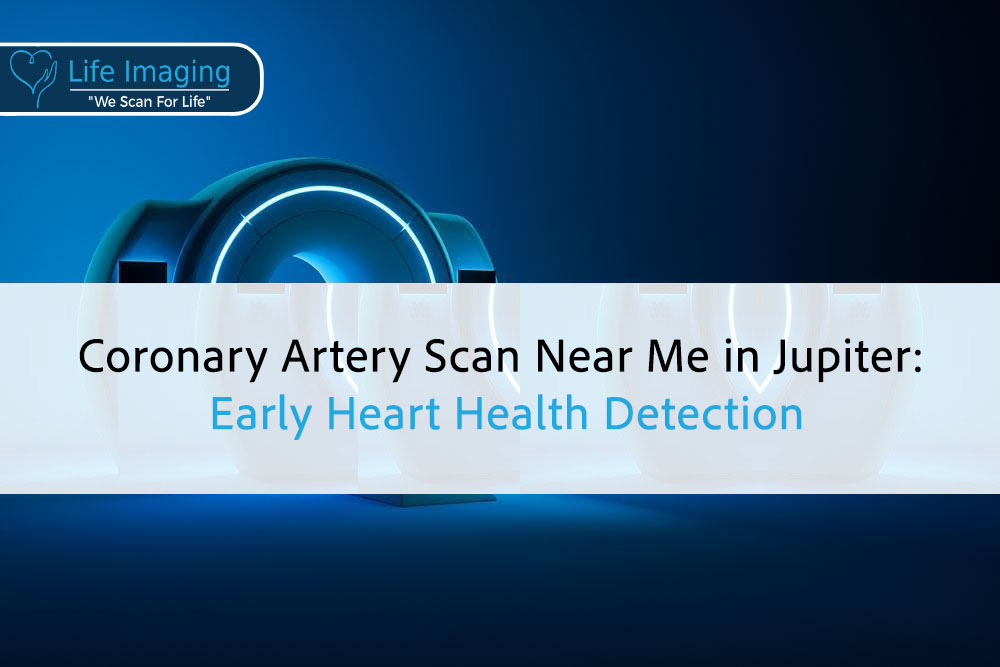
Introduction Your heart works hard every second of the day,
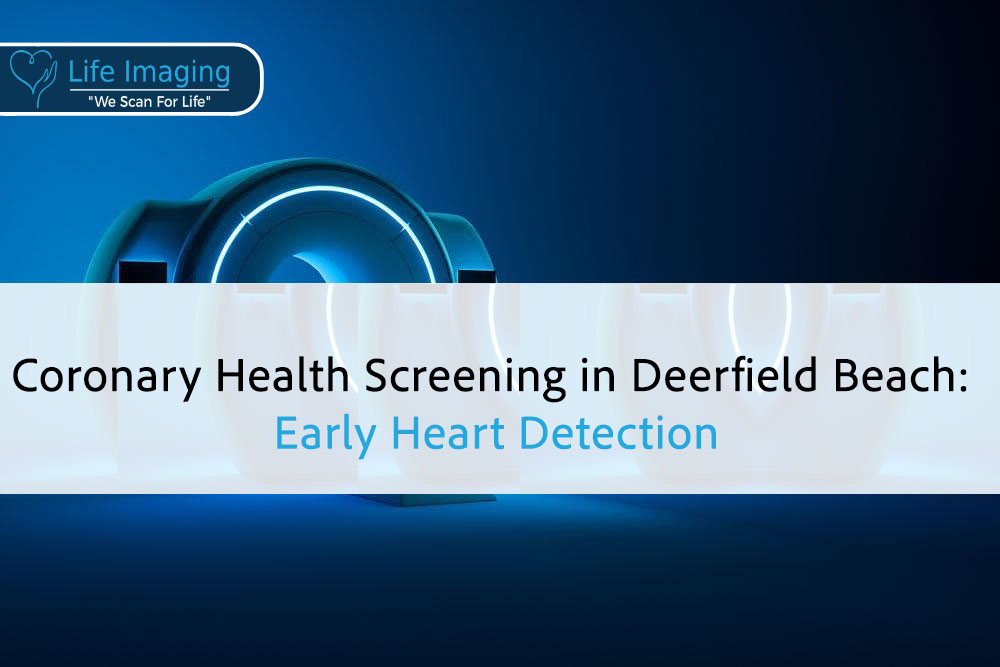
Introduction Your heart works around the clock, but changes inside
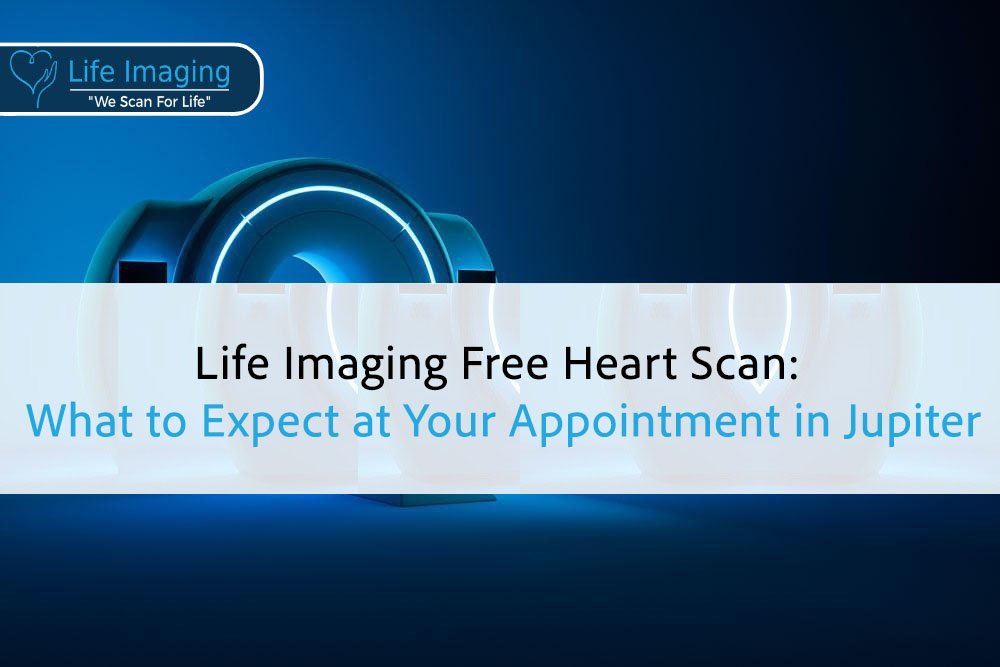
Introduction Your heart works nonstop, often without a single complaint.
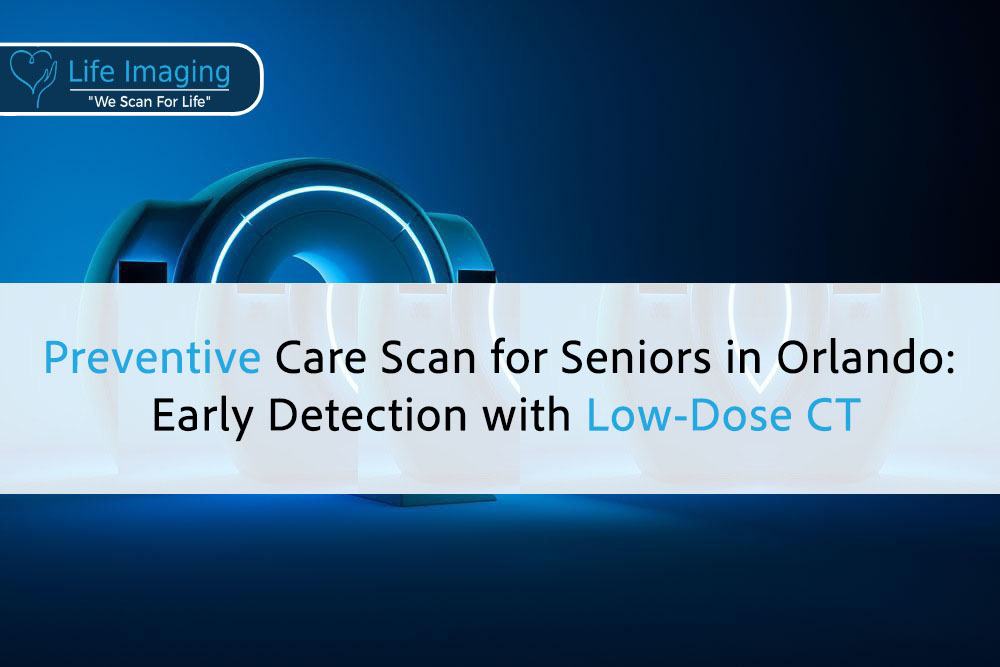
Introduction The best part of getting older is having time
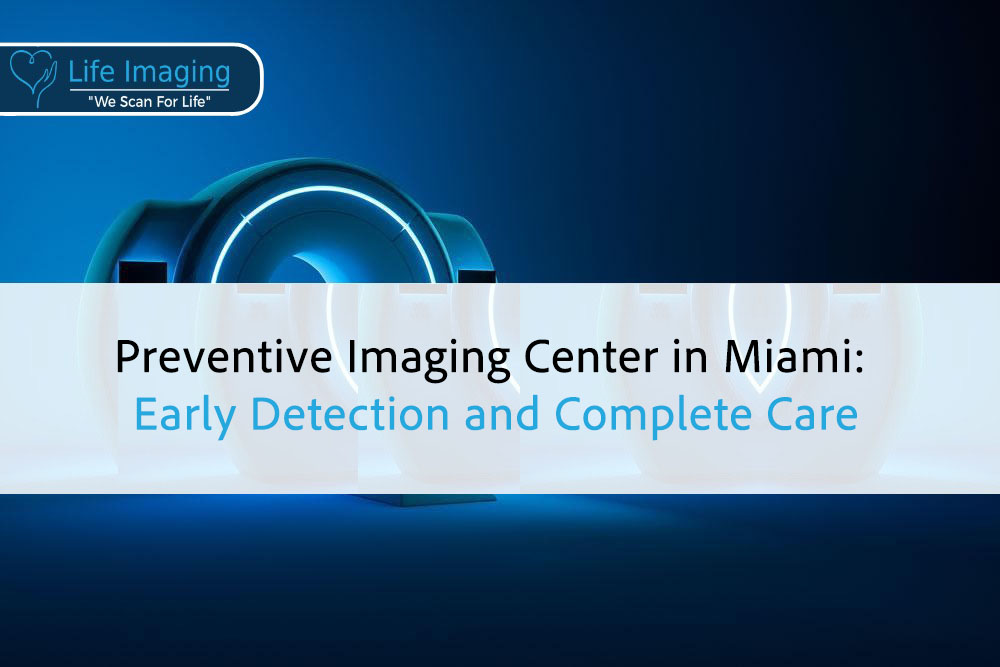
Introduction Good health isn’t just about treating problems, it’s about

* Get your free heart scan by confirming a few minimum requirements.
Our team will verify that you qualify before your scan is booked.
Copyright © 2025 Life Imaging – All Rights Reserved